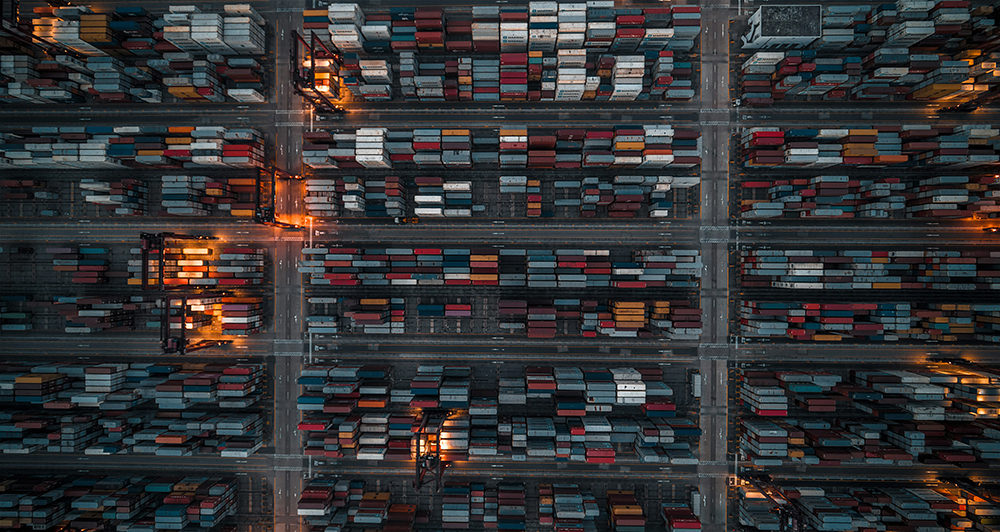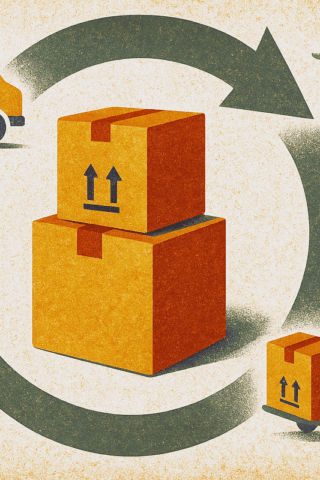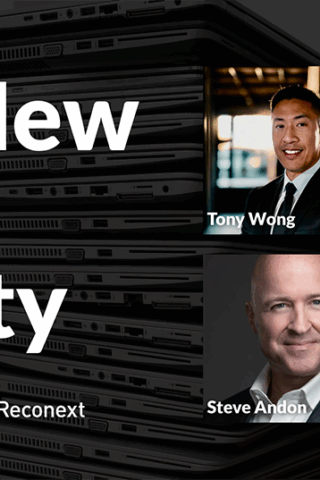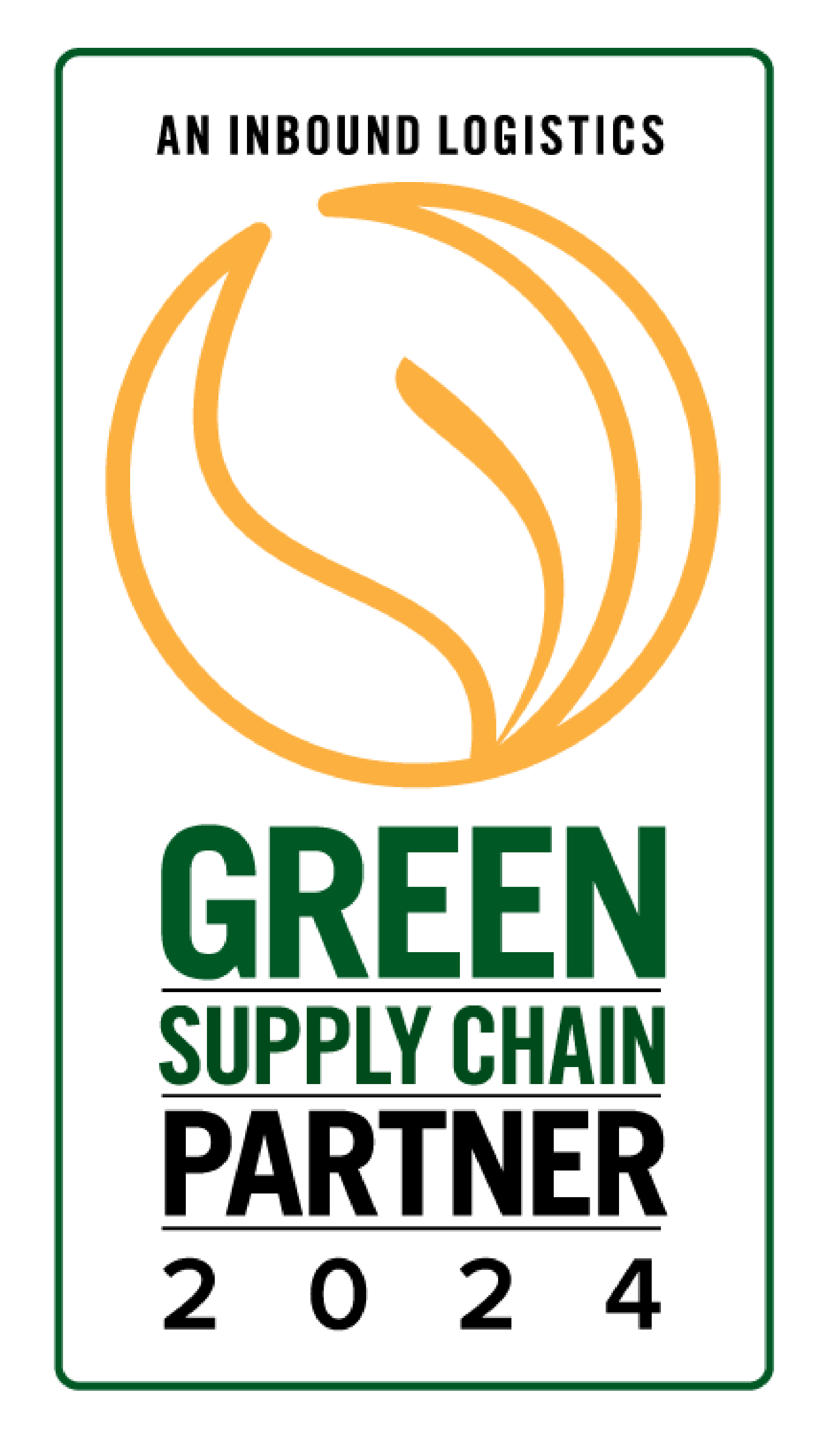Tom Moore, GlobalTradeMag.com, May 31, 2024
The best time to plant a tree was 20 years ago. The second best time is now. The same is true about moving to sustainable logistics practices—also called sustainable supply-chain practices.
As a grandfather with four grandchildren, I want to leave a world with green grass and a moderate climate, so I will not debate the benefits of sustainability. After all, who wants to be unsustainable? This article outlines:
- What are sustainable practices
- What sustainable practices are not just good for the environment but also the bottom line
- How to move towards sustainability in logistics
Sustainable Logistics Practices
When you do a ChatGPT-based search, the following practices are identified as sustainable:
- Optimize travel routes: Minimize unnecessary travel and waiting times to reduce fuel consumption.
- Use renewable energy or technology: Review the potential to incorporate more green or renewable energy or technologies into your logistics strategy.
- Avoid wasted energy on partial capacity: Minimize waste space and energy by ensuring your containers and transport are packed to maximum capacity.
- Make packaging sustainable: Introduce recyclable or sustainable packaging into your logistics strategy. And don’t let the Amazon boxes pile up in the trash.
- Use integrated logistics: Align your supply chain across all departments to maximize efficiency.
- Implement greener transport options: Where possible, consider greener alternatives to your transport. While compressed natural Gas (CNG), “green” hydrogen, or electric-powered vehicles may be the rage, consider shifting modes to lower-carbon technologies like rail, barge, or sea.
What sustainable practices are not just good for the environment but also the bottom line
At this point, the list becomes shorter. Many options can be eliminated as too expensive or too impractical. For example, green hydrogen, produced by electrolysis rather than taking a fossil fuel like natural gas and breaking it into its components well, has significant potential but is not a low-cost option today. In the same matter, electric trucks are not practical for heavy-weight shipments or long-distance moves. They won’t be until batteries become lighter and a nationwide charging infrastructure exists.
To access the full article, click here.
Learn about Onepak’s commitment to building the circular economy.








